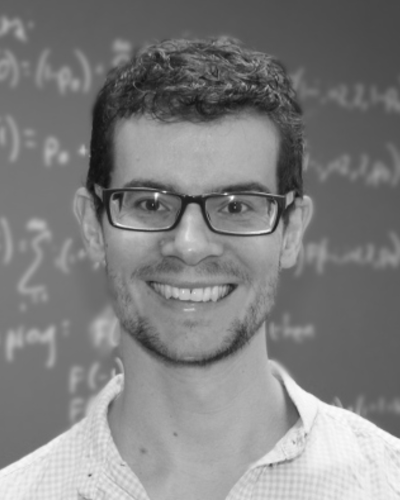Understanding and predicting how bacteria acquire antimicrobial resistance (AMR) requires us to learn about their evolutionary dynamics – a challenging problem. Existing methods for learning evolutionary pathways are limited and have yet to be widely applied to AMR. To learn how pathogens evolve AMR, we urgently need new inference approaches that can learn real evolutionary processes from real datasets, so that we can actually use the wealth of emerging clinical data to make actionable predictions.
In Bergen, we have developed HyperTraPS (hypercubic transition path sampling), an internationally acclaimed computational and mathematical approach to learn evolutionary pathways using large-scale biological data. This powerful approach has had several high-impact successes in scientific and public spheres. HyperEvol, bringing together international mathematicians, statisticians, microbiology specialists, and clinicians, will (i) make the required developments to apply this approach to AMR evolution; (ii) couple these powerful developments to emerging clinical pathogen genome data from Norway and Africa to learn and predict how AMR evolves in these cases; (iii) make these developments and findings publically and internationally available for global application. We are thus poised in an exciting position where highly feasible mathematical developments, and interdisciplinary connections, will provide a global tool for learning how AMR evolves in different pathogens, populations, and countries.
Given a new strain of a pathogen observed in the clinic, with a particular drug resistance profile, we will be able to predict the most likely drugs to which it will next develop resistance, and tailor clinical decisions and treatment strategies accordingly. We will be able to analyse whether geography, demography, or other features shape AMR evolution in given pathogens, or whether evolutionary pathways are “universal”. We will also learn basic biology – which genetic and/or drug resistance features increase (or decrease) the probability of others evolving.

